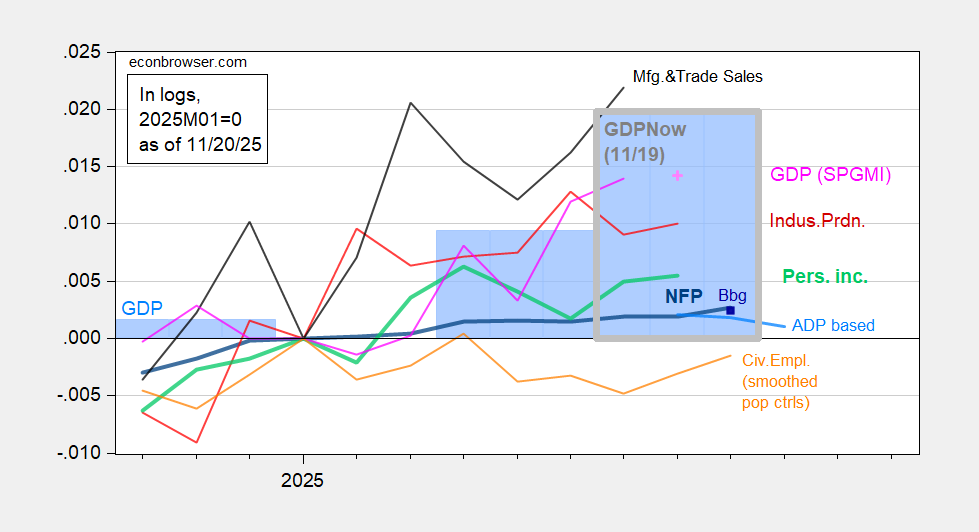
561. Updated Business Cycle Indicators, Including Employment
Menzie Chinn analyzes employment data revisions and their implications for nonfarm payroll estimates and economic indicators.
your daily dose of economic commentary

Menzie Chinn analyzes employment data revisions and their implications for nonfarm payroll estimates and economic indicators.

The post discusses the balance between sports and politics in a newsletter, addressing subscriber preferences and introducing a new sectioning feature for tailored content delivery.

Bill McBride discusses the decline in U.S. hotel occupancy rates due to reduced international tourism and seasonal trends affecting domestic travel.

A botulism outbreak affecting infants is connected to ByHeart baby formula, which may still be available in some stores despite the recall.

An argument that challenging scientific consensus requires expertise, highlighting the correlation between overconfidence and opposition to established knowledge in various fields.
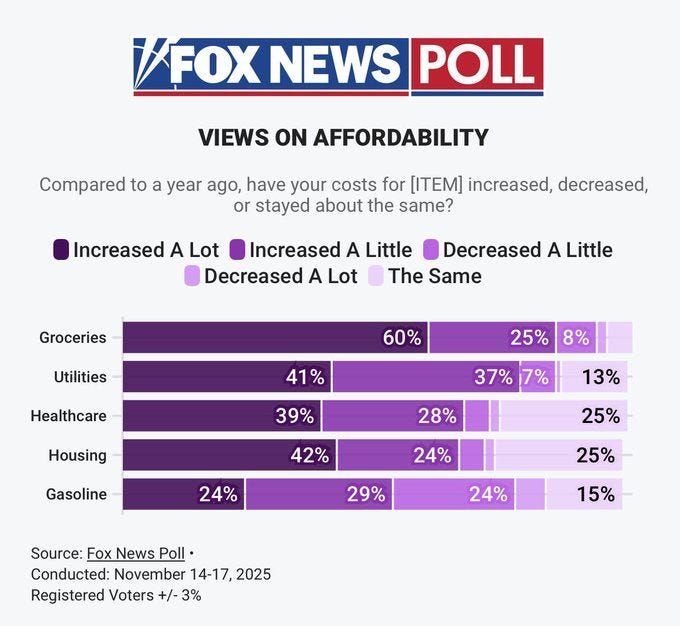
Paul Krugman discusses the persistent negative economic sentiment under Trump, despite traditional partisan biases, and how misinformation may be affecting public perceptions.

Kevin Corcoran discusses the complexity of economic systems, proposing four distinct axes to evaluate them rather than a single left/right spectrum.

The post discusses a 1.2% increase in existing-home sales in October, highlighting changes in inventory and median sales prices based on NAR data.

Noah Smith discusses the transformative impact of military technology, particularly the rise of autonomous drones, on society and warfare dynamics.

Bill McBride discusses the September employment report, highlighting job growth, unemployment rates, and revisions to previous employment data.
An argument that American democracy persists despite challenges, emphasizing misconceptions about its fragility and the emotional biases influencing perceptions of political outcomes.
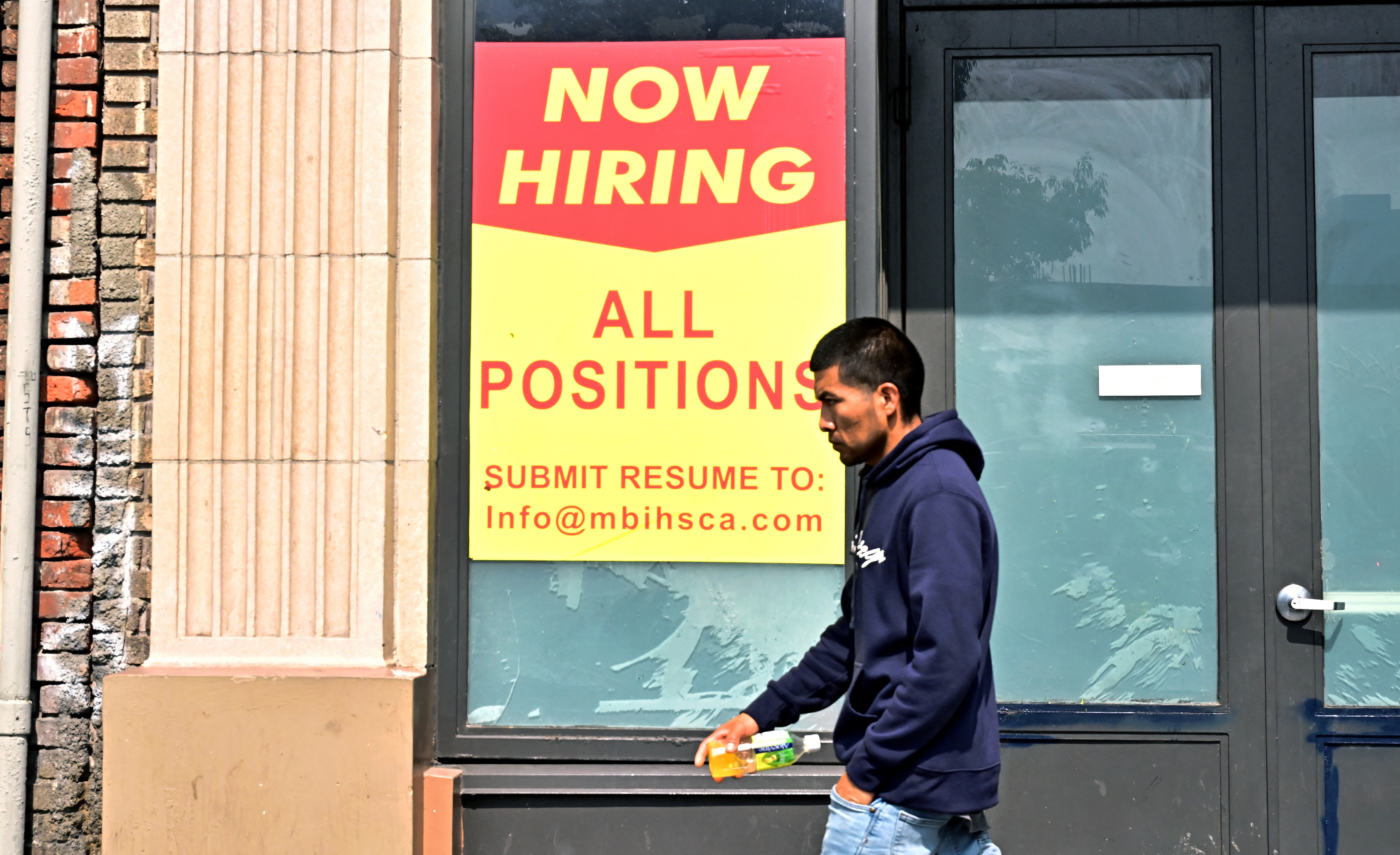
The Labor Department's delayed September jobs report may provide insights into the current state of the U.S. job market despite its outdated nature.

Rising college tuition costs outpace financial aid, prompting an exploration of the underlying reasons for this trend.
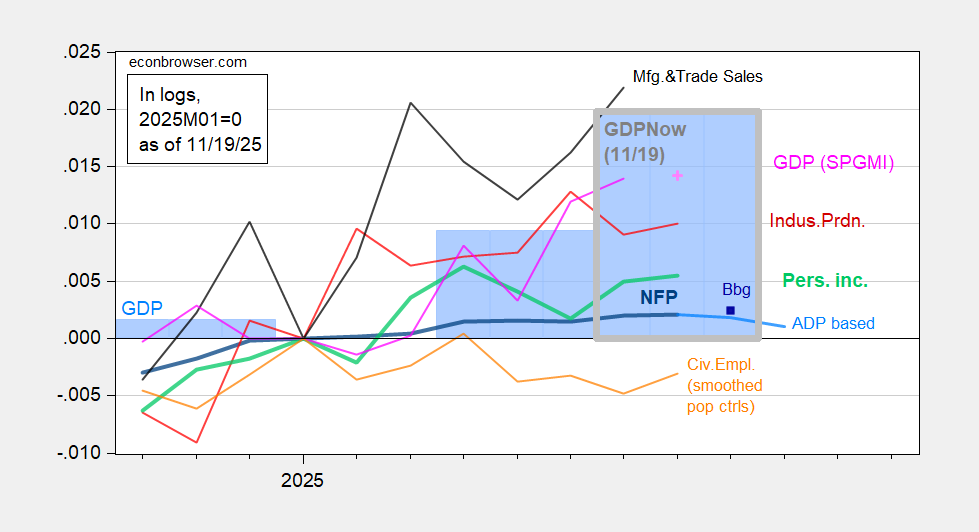
The post analyzes key economic indicators and nowcasts related to employment and GDP, highlighting discrepancies between employment growth and output growth forecasts.

Proposed changes to Endangered Species Act regulations aim to reduce protections for endangered species and their habitats, reversing previous administration's efforts.

Bill McBride discusses the decline in billings at architecture firms and its implications for commercial real estate investment in October 2025.
Bill McBride discusses the Federal Open Market Committee's considerations regarding monetary policy and the potential for keeping the target range unchanged for the year.
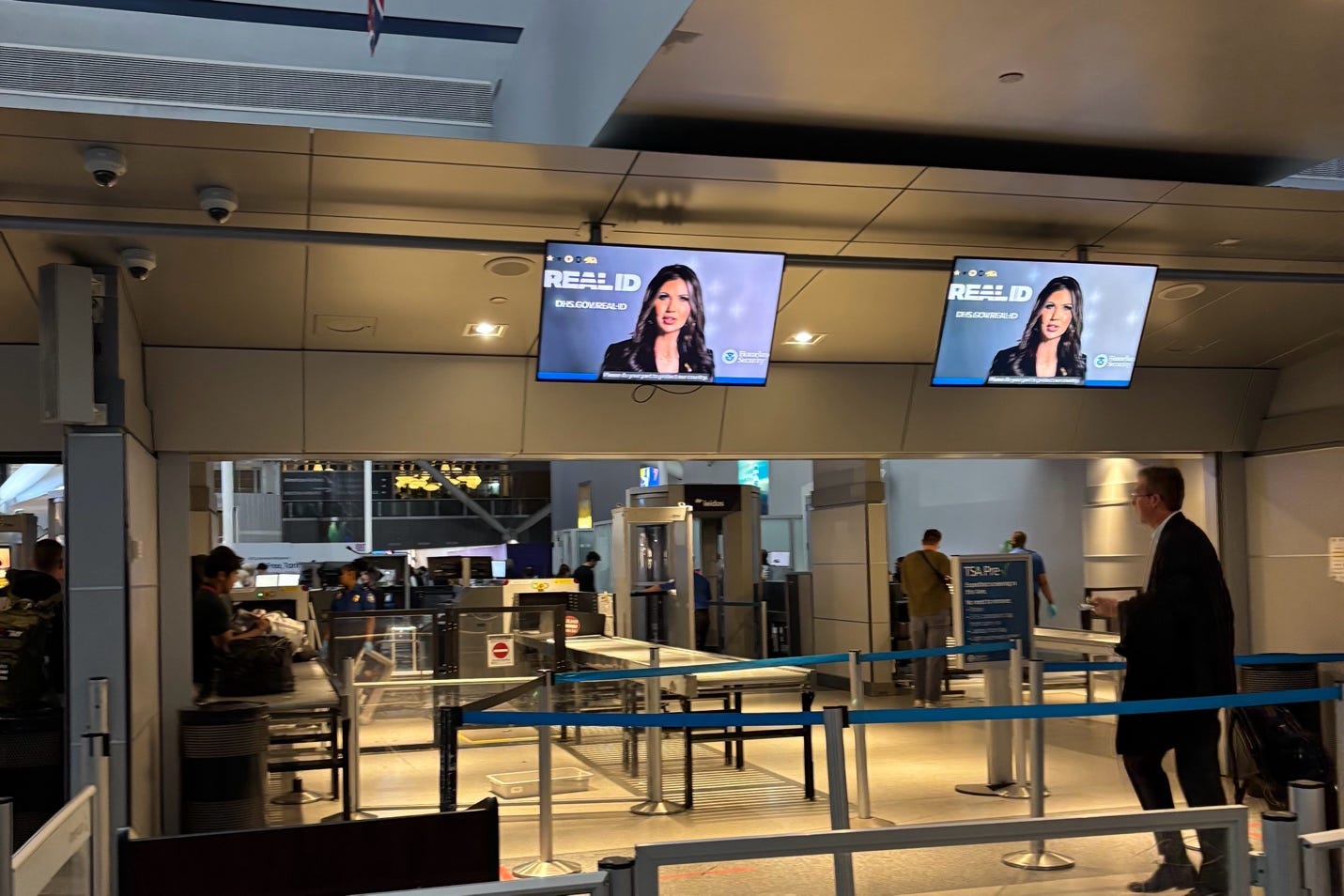
The post discusses the connection between the political decline of Trump and the crashing crypto market, suggesting that the industry's reliance on political support is faltering.

The post discusses the decrease in the U.S. trade deficit for August, highlighting changes in exports and imports, including specific figures and trends over the year.

Mortgage applications fell 5.2% in the latest survey, attributed to rising mortgage rates, with refinance activity decreasing and purchase applications showing slight year-over-year improvement.